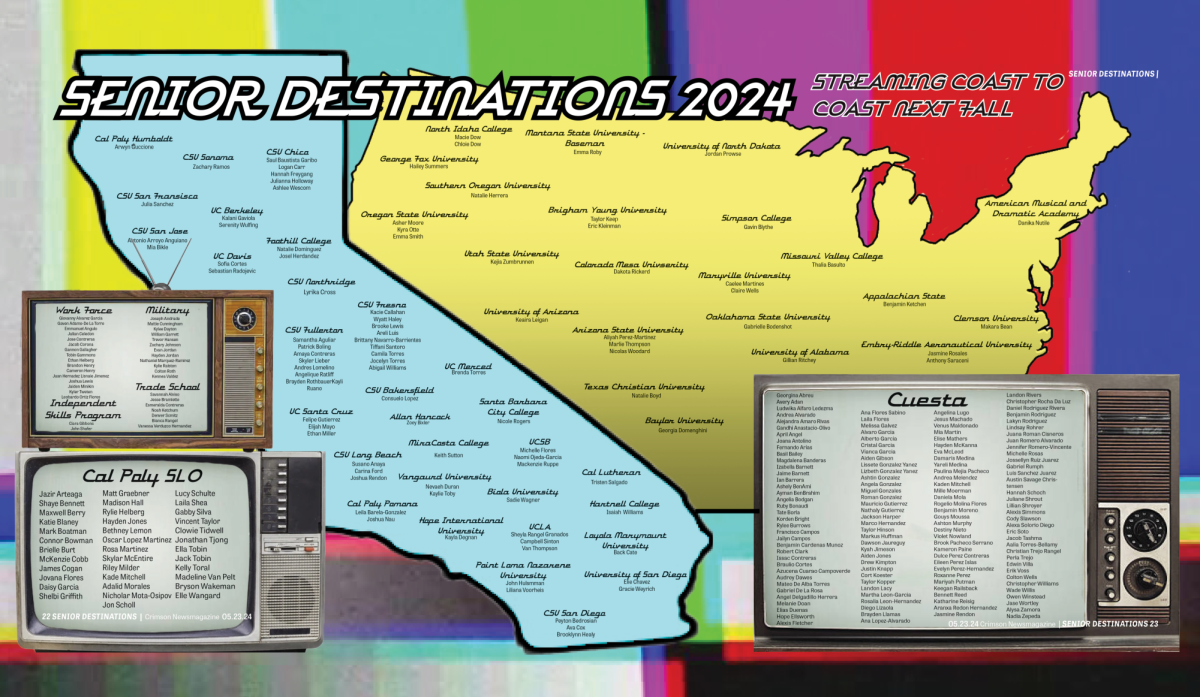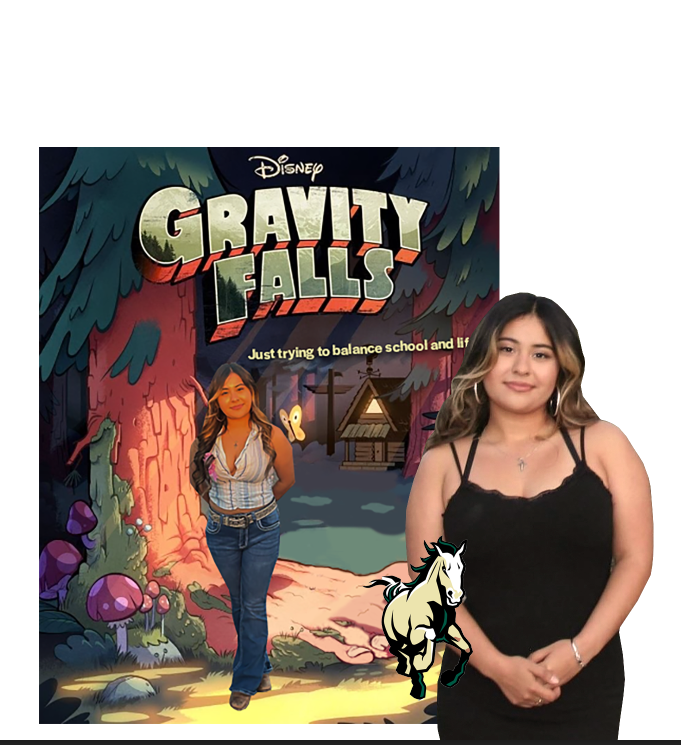Success is within reach according to CTE courses available and teacher testimonials
High school classes can inspire
Students spend at least 30 hours each week at school plus time on homework and extracurricular activities, so one would hope that what they gain from high school makes it worthwhile. I haven’t graduated yet so I can’t speak from experience, but I think that depending on what job students want and what classes they take, high school can absolutely be successful in preparing students for the career they want as adults.
For careers in education, such as being a teacher, high school is a vital stepping stone to higher education and getting a degree. An interesting high school class can ignite in students the desire to continue studying a subject and eventually teach it.
“I was intrigued by all the experiments we did and things like explosions, and I really like to understand why things work… I also really like working with people, so chemistry was the subject I focused on because of what it helps you understand,” AP Chemistry teacher Evan Holtz, whose high school Chemistry class sparked his interest in the subject, said.
Academics and extracurriculars produce professional and productive students

Holtz learned to juggle responsibilities by swimming club from age six to 18 while also being on the SLOHS Swim Team.
“[Swimming] pushed me to develop the skills that lead people to be successful and it definitely taught me a lot about myself, what I’m capable of, and how to work hard for things that are important to you,” Holtz said.
Important characteristics to instill in students like accountability, responsibility, and the ability to make decisions for their own career success and for a productive society might not be learned best in a high school classroom. A more effective setting to learn them might be extracurricular activities like volunteering, working, or playing a sport. These can have more tangible consequences for showing up late or being unprepared (getting fired, losing a game). They also encourage teamwork in a way that a typical high school classroom doesn’t.
Managing his high school classes and an intense swimming schedule prepared Holtz for adulthood “in terms of developing skills like time management and prioritization and organization,” Holtz said. “I had a pretty regimented schedule. I worked hard in sports and in school, which forced me to develop those skills.”
Career Technical Education courses offered at PRHS, such as Auto, Culinary Arts, and Sports Medicine give students the basic knowledge and skills required to pursue certain jobs.
In introductory CTE courses, freshmen have a unit on career exploration, exposing them to possible career paths. In advanced CTE classes, students further prepare for a job in the field.

High school courses lead to high-paying careers
According to Auto classes teacher Greg Boswell, a licensed mechanic can make over $60,000 after about five years of experience and certifications. About seven of Boswell’s Advanced Auto students currently have jobs at mechanic shops and about 30-40% work in the field after graduating.
CTE classes provide a pathway for students to get their foot in the door at specific workplaces, but they also teach students useful life skills.
“I found that when I took classes like welding and auto shop and woodshop in high school, they gave me a very foundatio`nal level understanding of how to use power tools,” Holtz said. “And if you’re planning on building something out of materials you need to make a plan, figure out what materials you need, how to organize it, how to measure things, and in science that’s super helpful.”
Skills acquired in high school courses prove useful in everyday life
Even if students choose not to pursue a vocational career, taking CTE classes in high school provides knowledge that is helpful in various areas of life. For example, knowing how to identify an issue with one’s car can save the $100 to $130 that a mechanic charges per hour for diagnostics.
“You’re going to walk out of a class like mine a much more savvy consumer knowing how things work…students know how to talk in a shop; they know the vocabulary, so they’re not overwhelmed when they walk in, and they understand pricing structures on service-type work, so I think they can save a considerable amount of money even if they don’t do their own work,” Boswell said.
“[High school] adequately prepares students to go to college, but does that in itself prepare the student to go on to a career afterwards because isn’t that the ultimate goal anyway?…in a way we are [only] prepping for further education. At this level we’re really giving you foundational stuff you can use to build on. It’s your choice what to do with it,” Boswell said. “I don’t think we’re doing an adequate job in time management skills and building character…but how much responsibility should we take on ourselves as a public education system for what should be happening at home?”
Students learn differently and what prepares one high schooler for their desired job might not work for another, so the best way to make high school work for you is to figure out what your goals are and tailor both your classroom and outside-the-classroom experiences to prepare you for the life you want to have after high school.
“I think high school has the ability to prepare you for a career…[It] can prepare everybody with very good skills regardless of where they’re going after high school, but they need to be willing to work on developing those skills,” Holtz said.
The bottom line is that taking advantage of the opportunities high school provides can give students vital skills and information for entering their desired career.





